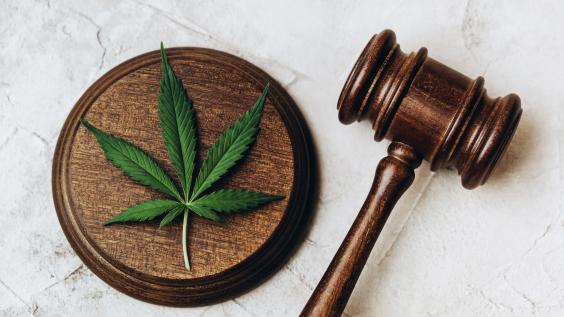Cannabis, also known as marijuana, has a long and storied history that dates back thousands of years. From its early uses in ancient civilizations to its current status as a controversial substance, cannabis has played a significant role in human culture and society.
Early Uses of Cannabis
The earliest recorded use of cannabis dates back to around 500 BC in Central Asia. It was primarily used for its medicinal properties, with ancient cultures using it to treat a variety of ailments such as pain, inflammation, and even childbirth. Cannabis was also used for spiritual and religious purposes, with some cultures believing it had mystical properties.
Spread Across the Globe
As trade routes expanded, cannabis spread to different parts of the world, including Africa, Europe, and eventually the Americas. Different cultures developed their own uses for the plant, from textiles and paper to recreational and medicinal purposes. In the 19th century, cannabis was widely used in Western medicine for its pain-relieving and sedative properties.
Prohibition and Legalization
In the early 20th century, cannabis faced increasing scrutiny and regulation due to concerns about its psychoactive effects. The United States led the charge in criminalizing cannabis, culminating in the Marihuana Tax Act of 1937. This marked the beginning of cannabis prohibition in many countries around the world.
However, in recent years, attitudes towards cannabis have begun to shift. With the discovery of the plant's medicinal properties and the push for legalization, many countries have started to decriminalize or legalize cannabis for medical and recreational use. Today, cannabis is a multi-billion dollar industry with a growing body of research supporting its therapeutic benefits.
From its ancient origins to its modern-day controversies, cannabis has a complex and fascinating history that continues to evolve. As more research is conducted and laws change, the story of cannabis is far from over.


0 comments